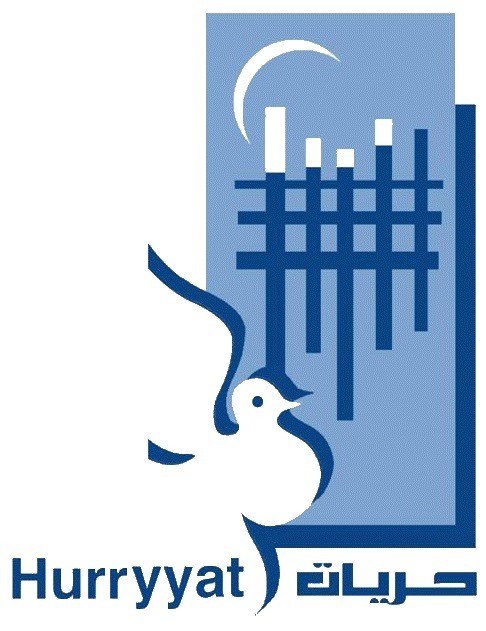Civil society organizations (CSOs) and different media and human rights associations followed, with great concern, the Council of Ministers’ move to ratify a bill to regulate the right of accessing information in a confidential manner, without allowing anyone other than ministers to review its provisions.
This draft law, whose copy was obtained by the civil society, violates the basic principles of the right to access information (which had been previously agreed upon socially and officially). The previous consensus included the establishment of a competent commission that is financially and administratively independent to monitor the government’s commitment to citizens’ right to access public information. However, the current draft of the said bill assigned the monitoring and follow-up authorities to a so-called ‘Information Department” falling under the Council of Ministers’ Secretary-General. Hence, this department’s powers came under the umbrella of the Secretary-General, who directly reports to the Council of Ministers, according to the organizational structure and Civil Service Law.
The provisions of the proposed bill contravene the basic principle of disclosing public information. Therefore, this bill violates international standards because it includes a number of “exceptions” to reject requests for accessing information. This is similar to what is seen in some non-democratic Arab regimes, which adopted Right to Obtain Information laws but were criticized by the international and local communities due to the “exceptions”. These exceptions are manipulated by governments to withhold some information that should not be hidden from the public.
The current version of this draft law, which was distributed to ministers prior to ratification, does not reflect a policy of governmental openness. This is seen despite the government’s pledge (on several local and international occasions) to follow the “Open Government” initiative. For example, the Council of Ministers had announced its willingness to implement that approach, which requires [properly] regulating public information and administrative records as a prerequisite for approving that initiative. Therefore, civil society organizations (CSOs) are warning against approving that law in its current wording because it inherently violates the right to obtain information. Such bills should rather prevent the withholding of information and the spread of false and misleading news that threatens civil peace, along with promoting the freedom of opinion and expression and freedom of the press/media by enabling the latter to access the real sources of information and deal with them professionally. CSOs are urging the government to hold consultations and community dialogues regarding the formulation of the draft law. Despite the Coalition’s concerns about the mechanism for issuing decree laws, which are meant to be promulgated only in emergency situations as stipulated in the Palestinian Basic Law, AMAN confirms that this approach can prevent the waste of numerous efforts spanning over 18 years in drafting legislation, in order to guarantee citizens’ right to access information and the freedom of opinion and expression.
Organizations that signed this statement:
| Filastiniyat | Palestinian Center for Development and Media Freedoms (MADA) |
| Palestinian Initiative for the Promotion of Global Dialogue and Democracy (MIFTAH) | The Center for Defense of Liberties and Civil Rights (Hurryyat) |
| Al-Haq organization | Coalition for Accountability and Integrity (AMAN) |
| Wattan Media network | Jerusalem Legal Aid and Human Rights Center (JLAC) |
| Human Rights and Democracy Media Center (SHAMS) | Palestinian Non-Governmental Organizations Network (PNGO) |
| Palestinian Human Rights Organizations Council | Palestinian Youth Union (PYU) |
| MAAN Development Center | Defense for Children International Palestine |
| The National Commission for the Independence of Judiciary and Rule of Law | Al Mezan Center for Human Rights |
| ADDAMEER Prisoner Support and Human Rights | Palestinian Centre for Human Rights – PCHR |
| The Women’s Centre for Legal Aid and Counselling (WCLAC) | The Palestinian Association for Empowerment and Local Development – REFORM |
| Palestine News Network -PNN | Raya Media Network |
| Social and Economic Policies Monitor | Sharek Youth Forum |
| Women’s Studies Centre | MUSAWA – The Palestinian Center for the Independence of the Judiciary and the Legal Profession |
| Addameer Foundation for Human Rights | Arab World Democracy and electoral Monitor (Al Marsad) |
| General union of cultural centers | The Palestinian Working Woman Society for Development (PWWSD) |
| Palestinian Youth Association for Leadership and Rights Activation (PYALARA) | The Palestinian Performing Arts Network |
| Bisan Center for Research and Development | A.M. QATTAN FOUNDATION |
| Faisal Husseini Foundation |


